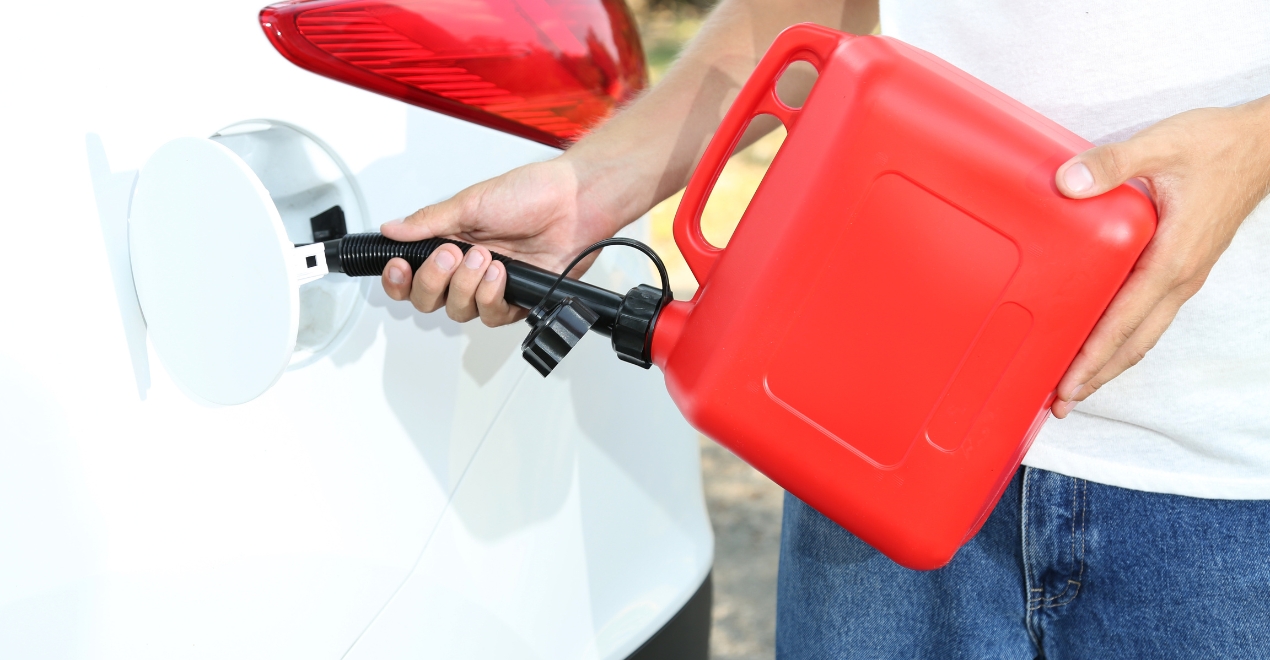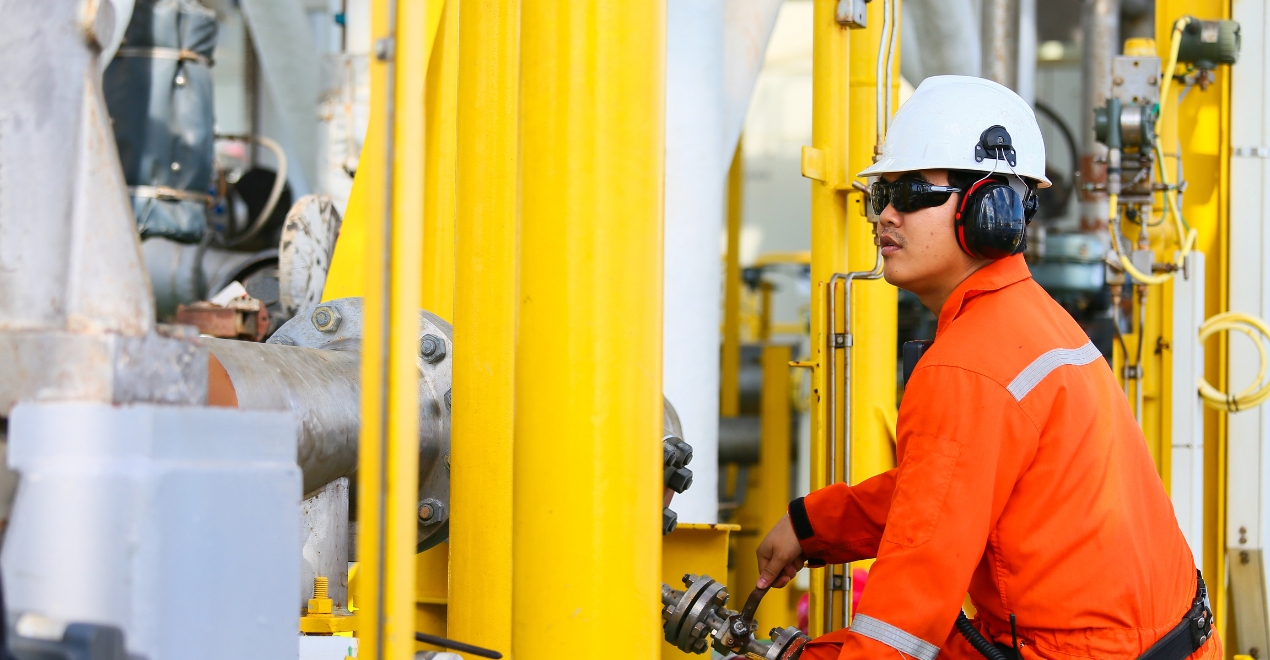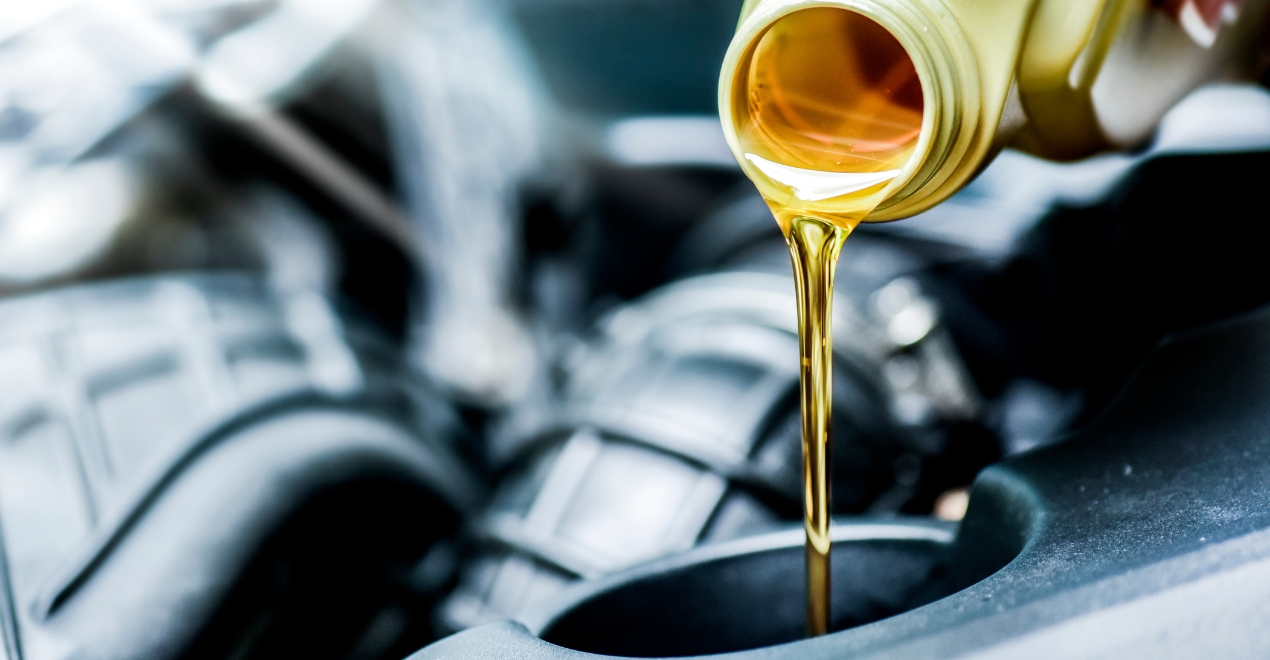Understanding the Problem: How Preventing Gas from Getting into Oil

While a small amount of gasoline can naturally find its way into the oil pan through the piston rings during normal engine operation, excessive gas contamination indicates an underlying issue. Here are the main culprits:
- Worn Piston Rings: Piston rings are vital components that seal the combustion chamber and prevent gas from leaking into the crankcase, where the oil resides. Over time, piston rings wear down due to friction and heat. Worn rings lose their sealing ability, allowing unburned fuel to seep past them and contaminate the oil.
- Faulty Fuel Injectors: Modern cars use fuel injectors to deliver precise amounts of gasoline into the engine cylinders. A malfunctioning injector, such as a leaky or stuck-open one, can continuously spray fuel, leading to excess gas entering the oil pan.
- Rich Fuel Mixture: A rich fuel mixture occurs when the air-fuel ratio is imbalanced, with more gasoline than air present in the combustion chamber. This can happen due to a faulty fuel pressure regulator, clogged air filter, or malfunctioning sensors. The unburned fuel from the rich mixture can then escape the cylinders and mix with the oil.
- Short Trips: Frequent short trips can contribute to gas contamination, especially in colder climates. During short journeys, the engine might not reach its optimal operating temperature, causing incomplete fuel combustion. Unburned gasoline then mixes with the oil, diluting its lubricating properties.
The Consequences of Gas in Oil: Why Prevention Matters

The presence of gasoline in your engine oil can lead to a cascade of negative effects.
- Reduced Lubrication: Gasoline dilutes the oil, reducing its viscosity and film strength. This weakens the oil’s ability to lubricate moving parts effectively, increasing friction, wear, and tear on engine components.
- Increased Engine Deposits: Diluted oil loses its ability to suspend dirt and debris. These contaminants settle within the engine, forming deposits on pistons, valves, and other critical parts. These deposits can hinder performance and lead to engine malfunction.
- Oil Breakdown: Gasoline is a solvent and can break down the oil’s additive package, which enhances its performance. This breakdown reduces the oil’s anti-wear properties, corrosion resistance, and heat resistance, further accelerating engine wear.
In severe cases, gasoline contamination can lead to engine overheating, increased emissions, decreased fuel efficiency, and ultimately, engine failure.
Keeping Your Oil Clean: Preventative Measures

Here’s how you can proactively prevent gasoline from contaminating your engine oil:
- Regular Oil Changes: Following the manufacturer’s recommended oil change intervals is crucial. Fresh oil maintains its viscosity and lubricating properties, preventing gas from getting into oil and reducing the risk of gas dilution.
- Use High-Quality Oil: Invest in high-quality oil that meets the manufacturer’s specifications for your vehicle. Synthetic oil offers superior resistance to wear and tear compared to conventional oil.
- Address Worn Piston Rings: Worn piston rings are a major cause of gas contamination. If you suspect worn rings based on symptoms like excessive oil consumption or blue smoke exhaust, schedule a repair with a qualified mechanic.
- Maintain Fuel System Components: Regularly inspect and maintain fuel system components like fuel injectors and the fuel pressure regulator. A faulty injector or a malfunctioning regulator can contribute to gas contamination. Cleaning or replacing these components when necessary can prevent excessive fuel from entering the oil.
- Avoid Short Trips: Whenever possible, try to consolidate short trips into longer journeys. This allows the engine to reach its optimal operating temperature, ensuring complete fuel combustion, preventing gas from getting into the oil, and minimizing unburned fuel that could contaminate the oil.
- Use the Right Fuel: Always use the octane rating recommended by your car manufacturer. Using a lower-octane fuel than specified can lead to incomplete combustion and contribute to gas contamination.
Early Detection: Recognizing the Signs of Gas in Oil
While regular oil changes help prevent gas from getting into oil, it’s important to be aware of the signs that might indicate an issue:
- Milky Oil: Check your engine oil dipstick regularly. If the oil appears milky or has a coffee-like consistency, preventing gas from getting into the oil, it’s a telltale sign of gasoline contamination.
- Strong Gasoline Smell: A noticeable gasoline odor when opening the hood can indicate gas leakage into the oil.
- Increased Oil Consumption: If you find yourself topping up your engine oil more frequently than usual, it could be due to gasoline thinning the oil and accelerating its
Early Detection: Recognizing the Signs of Gas in Oil
- Increased oil consumption (continued): accelerating its breakdown.
- Rough Engine Idle: Gas contamination can affect engine lubrication, preventing gas from getting into oil and leading to rough idle and vibrations.
- Decreased Engine Performance: Diluted oil hinders lubrication and can cause increased friction, leading to a noticeable decrease in engine performance and power.
If you experience any of these symptoms, it’s crucial to address the issue promptly. Don’t attempt to simply top up the oil, as this won’t address the underlying cause. Schedule an appointment with a qualified mechanic to diagnose the problem and perform the necessary repairs.
The Importance of Routine Maintenance
Preventing gas contamination goes hand-in-hand with practicing good overall car maintenance habits. Here are some additional tips:
- Regularly Check Engine Codes: Modern vehicles have onboard diagnostic systems that can detect engine issues, including fuel system problems that might contribute to gas contamination. Pay attention to any warning lights on your dashboard and have the corresponding trouble codes diagnosed by a mechanic.
- Stick to the Manufacturer’s Recommended Maintenance Schedule: Routine maintenance, as outlined in your car’s manual, includes cleaning air filters, spark plugs, and other components that can affect engine performance and fuel efficiency. A well-maintained engine burns fuel more efficiently, minimizing the risk of unburned gasoline reaching the oil.
- Invest in Quality Fuel Filters: A clogged or dirty fuel filter can restrict fuel flow and contribute to incomplete combustion. Replacing the fuel filter at recommended intervals ensures optimal fuel delivery and reduces the potential for gas contamination.
By following these steps to prevent gas from getting into the oil and staying vigilant for signs of trouble, you can keep your engine oil clean and ensure optimal performance and longevity for your car. Remember, a little effort in preventing gas from getting into oil can save you from costly repairs down the road. Preventive maintenance is key! Learn how to ward off gas intrusion into your oil and avoid unnecessary trips to the repair shop. Need car repair service? Try the Crossroads Helpline for reliable assistance on the road.

